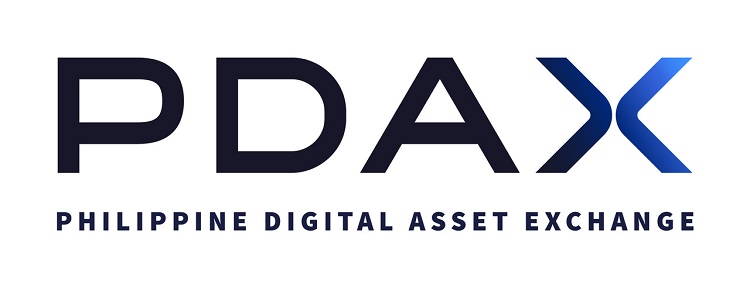It’s now official! The Philippine Digital Asset Exchange (PDAX), the country’s first crypto-trading platform built specifically for Filipinos, has recently granted by the Bangko Sentral ng Pilipinas (BSP) the license to facilitate the exchange of Philippine Peso with cryptocurrencies, tokens, and other forms of virtual currency (VC).

The license, which VC exchanges in the Philippines must have in order to operate, has been given to PDAX after it proved to be compliant with the guidelines set in the BSP Circular no. 944, series of 2017.
The guidelines in Circular no. 944 require VC exchanges to prevent money laundering and protect customers from illegal financial activities. The prescribed measures that VC exchanges
must take include registering with the Anti-Money Laundering Council (AMLC), having adequate risk management and security control systems, adhering to the BSP’s transaction requirements,
and paying registration and service fees.

In a press statement, Nichel Gaba, CEO of PDAX, said, “This is an exciting time not just for seasoned cryptocurrency traders, but also for everyone who believes that the future of investing is digital. With the approval granted to us by the BSP, we hope to make financial markets more accessible to everyone.”
PDAX offers a platform for trading cryptocurrencies like Bitcoin and other digital assets directly with Philippine Peso—thereby easing the costs and difficulties that many Filipino crypto-traders
are currently forced to deal with. Through its partnership with major local banks and payment service providers, PDAX also affords its clients the convenience of cashing in and out of their
account wherever they are and whenever they need to.
Among the first cryptocurrencies that PDAX has listed are Bitcoin (BTC), Ethereum (ETH), Ripple (XRP), Bitcoin Cash (BCH), and Litecoin (LTC). More locally in-demand coins will be made available on the platform in the coming weeks.
PDAX is now holding a private beta that gives a pre-qualified community of traders an early and exclusive access to its platform.

